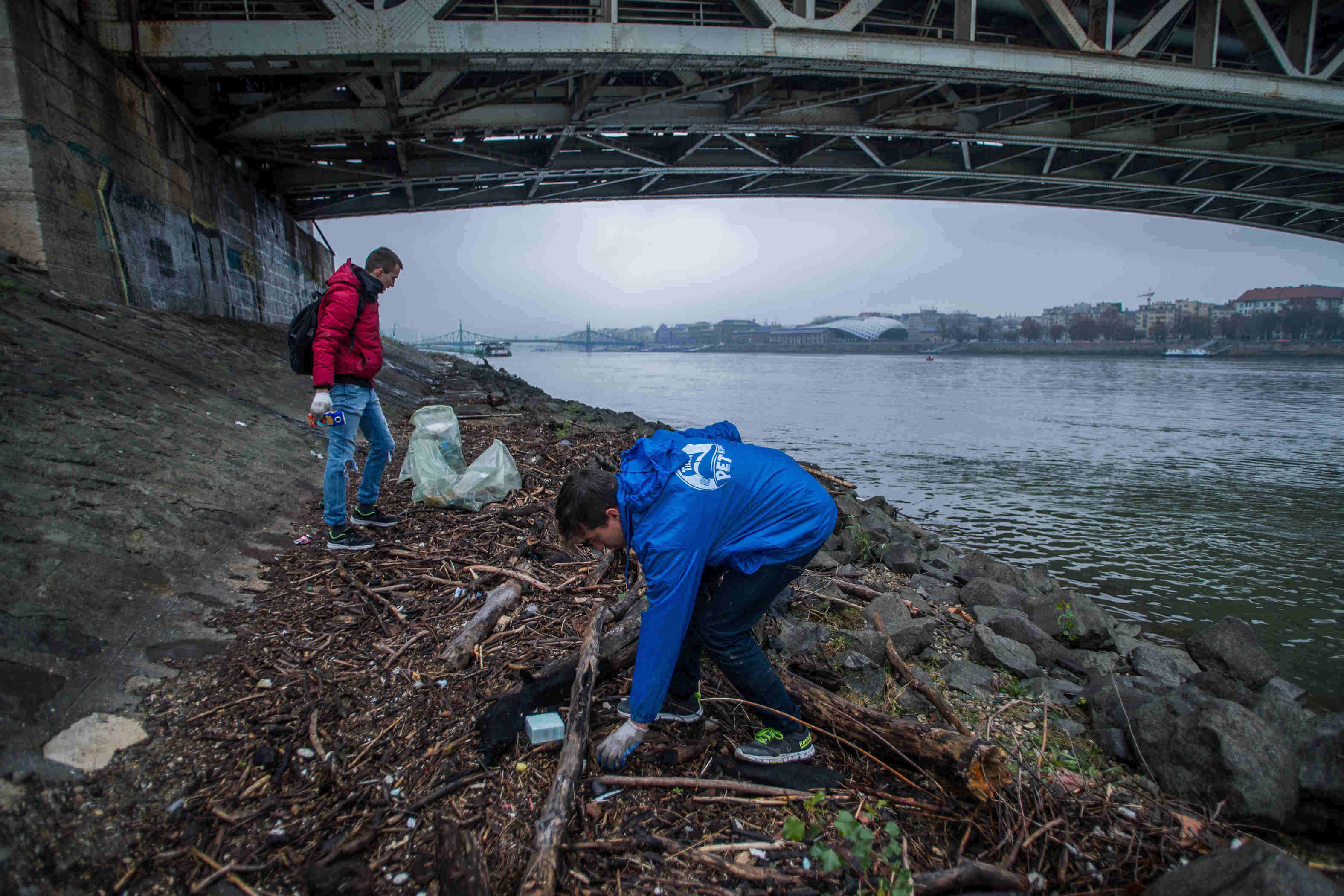Government won’t tolerate illegal rubbish dumps, says minister
The government will no longer tolerate illegal rubbish dumping, and it will introduce fines as well as deposits, László Palkovics, the innovation and technology minister, has said.
“There’s hardly a corner of Hungary without rubbish in ditches and on the edges of woodland. We won’t put up with this anymore,” he said in an interview published on Friday by the daily Magyar Nemzet.
“Rubbish dumps must be eliminated, even if this means hiking local taxes to provide the resources needed.”
Imposing fines, he said, is one among many possible measures to counteract illegal dumping. Education and deposit fees would be positive ways to motivate people. All packaging should be subject to deposits, he indicated.
Meanwhile, Palkovics noted that the government has not issued any new permits for importing foreign sewage sludge since the summer.
Also, the minister noted that the government will submit its new energy strategy to parliament early next year.
One priority is to create an energy-efficient district heating system using renewables, making the district heating sector more competitive, he said. Waste materials that cannot be recycled will be made greater use of for heat production, he added.
Palkovics said there was no need to build a new waste processing facility since current incineration capacity and the waste generated in the country broadly matched.
The minister also said there was no reason to close the Mátra power plant. “This is not in any way a realistic option,” he said.
Source: MTI
please make a donation here
Hot news
What happened today in Hungary – 26 July, 2024
Drama: number of births in a 20-year low in Hungary
Yay or nay? – 6 odd Hungarian delicacies that make our skin crawl
Budapest tourism “exploded” this past weekend
Container transport in Budapest may stop: How will this affect Hungarian economy?
Minister: Hungary will protect its territory by every means possible




